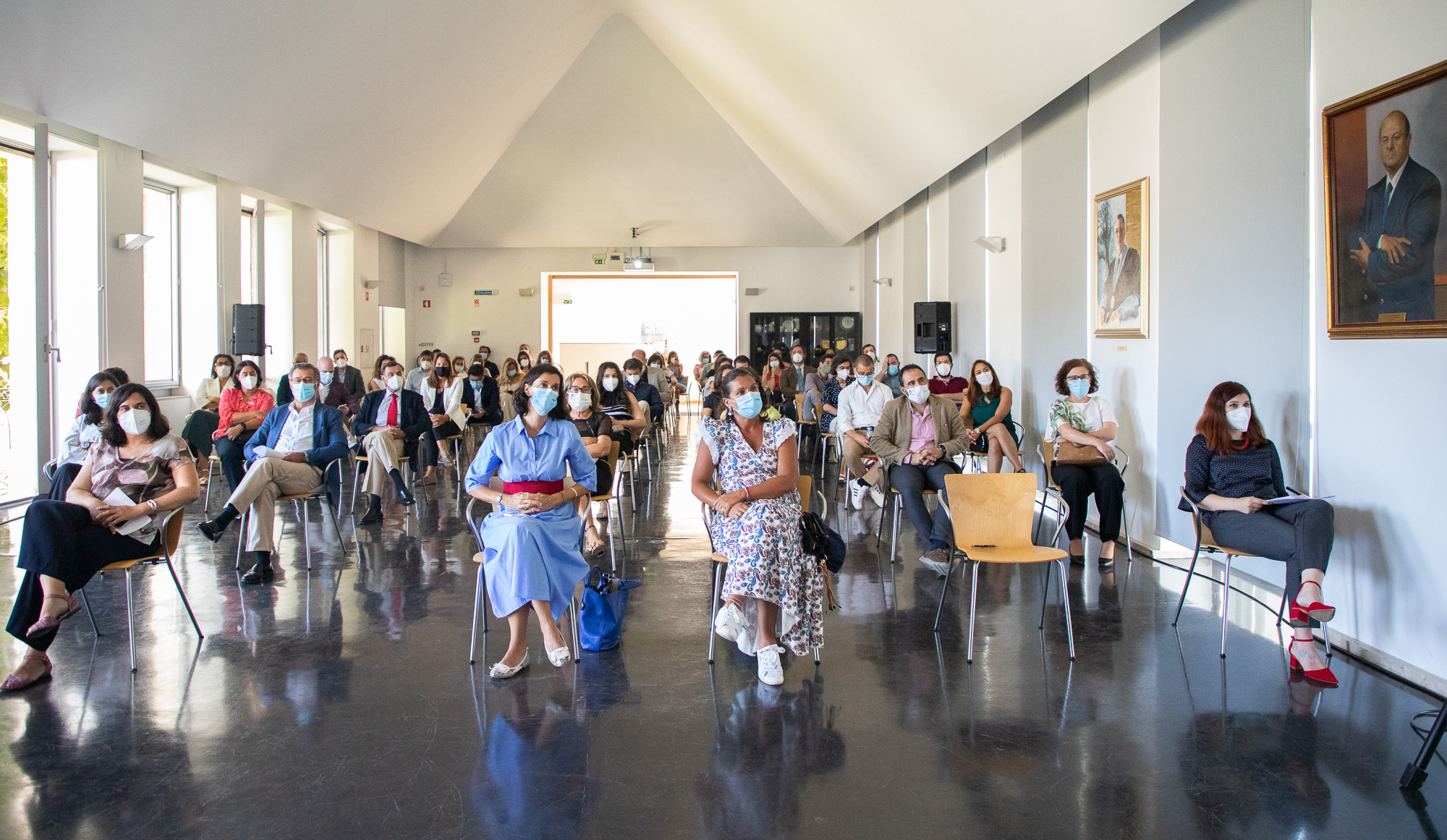The Polytechnic University of Lisbon is a full partner of the U!REKA European University, officially launched in January 2024. This alliance offers numerous opportunities for international cooperation and knowledge exchange, as well as international curricula and research initiatives, all aimed at contributing to a more sustainable European society.
Last update: 10.02.2025

Forty and seven projects have been selected for funding from the seedenta and a candidacies presented in the 6 th edition of the IDI &

The Dialecticae Piano Trio, Chamber Music group of the Superior School of Music of Lisbon (ESML) comprised of violinist Veronika T
Last update: 04.09.2024
Lisbon Polytechnic has a Student Ombudsman provided for by law. The Student Ombudsman is an independent organ of Lisbon Polytechnic, and has the function of hearing students ' complaints on pedagogical, administrative and social action matters, as well as drawing up necessary recommendations to prevent and repair illegalities or injustices, and to refer them to the competent bodies.
Last update: 08.02.2025
In Lisbon Polytechnic internationalization is an institutional imperative and a powerful instrument of reflection and continuous improvement in the performance and definition of its own identity priority action lines
Internationalization is a strategic hub in the development of Lisbon Polytechnic, potentiating existing partnerships and looking for new forms of international collaboration.
